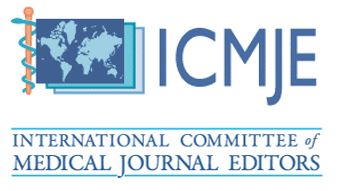The Relationship Between Self-Care Based on Illness Perception with Social Support, Shared Decision-Making, and Self-Efficacy in Patients with Type 2 Diabetes
Keywords:
self-care, illness perception, social support, shared decision-making, self-efficacyAbstract
Diabetes self-care is significantly influenced by various psychosocial factors. Therefore, the present study aimed to examine the relationship between self-care based on illness perception with social support, shared decision-making, and self-efficacy in patients with type 2 diabetes. The research method was descriptive-correlational. In a cross-sectional survey, 800 patients with type 2 diabetes (331 men and 469 women) were selected through random sampling from hospitals in Qom Province. Data were collected using a demographic and illness perception questionnaire, the Family Social Support Questionnaire, the Self-Efficacy in Diabetic Patients Questionnaire, the Diabetes Self-Care Questionnaire, and the Patient Participation in Treatment Decision-Making Questionnaire. Data analysis was conducted using SPSS 26 software. The results indicated a significant positive relationship between self-care based on illness perception with social support, shared decision-making, and self-efficacy. Considering the findings, it can be concluded that self-efficacy, belief in treatment effectiveness, social support, diabetes severity, and type of treatment are crucial factors in performing self-management behaviors and can explain a substantial proportion of the variability in diabetes self-management.
Downloads

Downloads
Additional Files
Published
Submitted
Revised
Accepted
License
Copyright (c) 2025 Leila Mohammadi Manesh (Author); Rita Liaqat (Corresponding Author); Mahdia Salehi (Author)

This work is licensed under a Creative Commons Attribution-NonCommercial 4.0 International License.

























